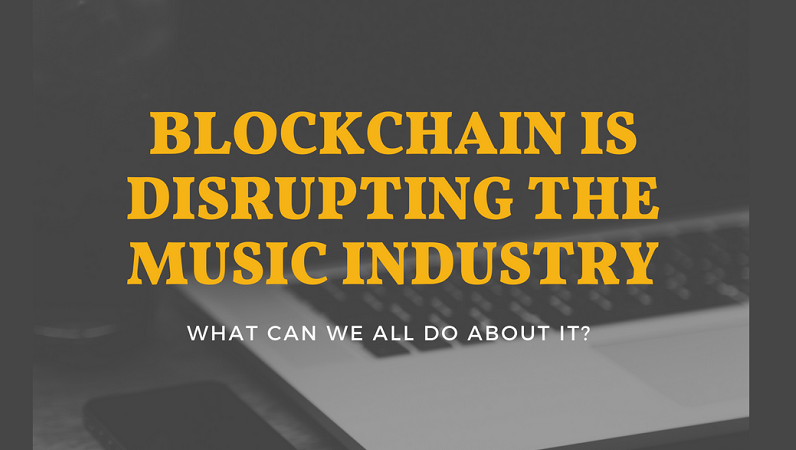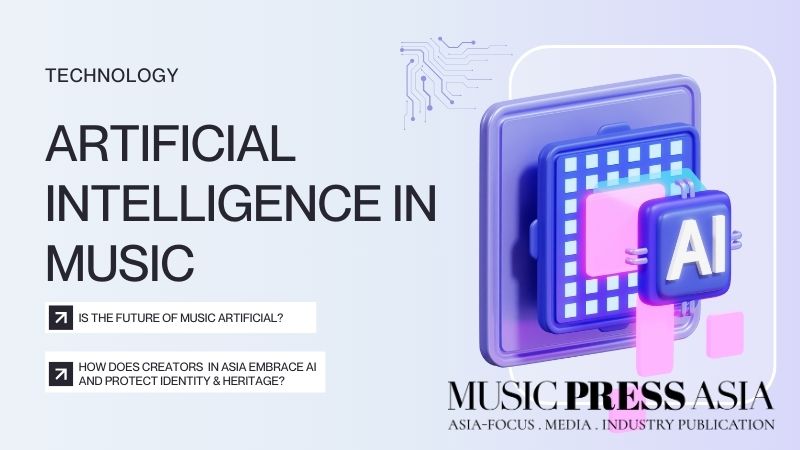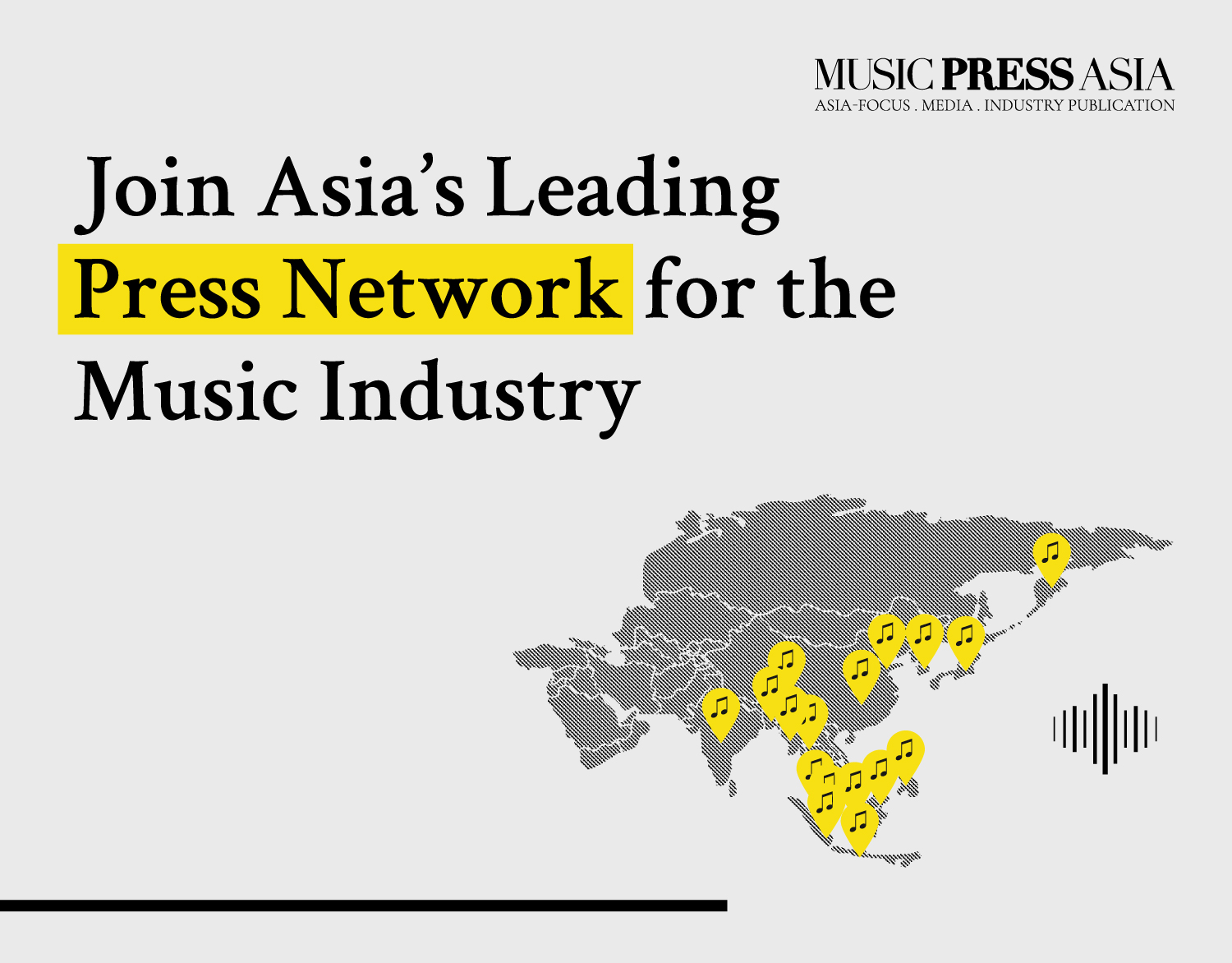How Blockchain Will Disrupt The Music Industry
The Blockchain technology is increasingly adaopted into e-commerce businesses to manage authenticity and ownership of product and services including intellectual property. How is the music industry evolving with the change?
The Blockchain technology is increasingly adaopted into e-commerce businesses to manage authenticity and ownership of product and services including intellectual property. How is the music industry evolving with the change?

Blockchain is a record-keeping tool that is secure and accessible to everyone online. Micropayments directly to artists is a huge possibility cutting out labels and middle man.
Over the last 12 months, we’ve asked some of the most technologically insightful nerd and entrepreneur at music and tech conventions about blockchain, and summed up some of the most common problems related to licensing and royalty tracking affecting rightsowners, recording artists, music publishers, and record labels.
And if you think you have an opinion about blockchain, I would recommend you “try explaining it to your grandmother,” plainly explained by associate director of UK’s Jodrell Bank Observatory, Tim O’Brien.
While the technology of cryptology and coding are still rather muddy, or rather, unclear to most of the population, the technology applied to the business aspects in terms of owning IPs are expanding quickly and incredibly useful in a range of situations, aiming to solve one problem:
Managing problems of trust in the market forces
For the music industry, it means that composers or rights owners, distributing their works online can directly get paid through fans or businesses without sharing percentages of sales with online digital service providers or financial institutions (ie.banks) – solving one of the largest and the most common problem – fairly paying music creators.
Via the cryptocurrency technology, no single man can, in any conceivable way, change the record transactions or distributed ledgers held by a bank or financial institution within the blockchain network – placing control and transparency back to the public. In the same way, the blockchain eliminates distrust and unreliability and securing rights of individual even if thousands of entities are working together.
Here are some ways rights owners/composers/content creators should embrace blockchain:
Contracts & IP Protection
When it comes to stating what you get and what you owned in the digital world, of which a phase that would eventually happen to any content creators, selling and distributing music can be a hardcore matter that keeps you awake in the night. Via the blockchain, no single party gets prime ownership of the process or holds the password, and nor can anyone change the details of the contract because decryption is needed in our current computing capacity. Most importantly, blockchain is advocating compliance and transparency within the music industry worldwide.
Creative Earnings
Artists will receive better revenue shares from selling content (music, art, film) than through traditional agent/resellers (labels, record companies, etc.), dispersing the earning control from companies and financial institutions to artists (individuals). This simplifies and secures audit trails and accounting processes presenting balance sheets, income and cash flow statements in actual-time – a modern and easy model to generate income digitally at rates of their choosing.
Worldwide Partnerships
While work transactions may be bound and controlled by the contractual process as mentioned above, the jobs market is in a state of constant fluctuations. In this generation of income earners working remotely even within a company gives no complacency of job and income security. Second and third services thousands of kilometers away may be taking unreasonable cuts from the work, hence, seeing the new generation looking for more ways to protect and secure their income and interest. Blockchain removes the power from both parties placing the contractual/creative process into the public network.
Fund Seeking
Skipping border controls, traditional fundraising is replaced by international exchanges via cryptocurrency, throwing the control of domestic and international organisations out the window. This situation has already raised concerns across regulators worldwide and like any type of initial stock offerings, investors can now own commodity specifically tied to the future of a single individual – the artist.
The blockchain technology is inevitable as we move towards an increasingly digitised world. It promotes the next generation which are entirely network-dependent where artists and others in the music business would need to find solutions to working together and a more leveled approach towards earning.













